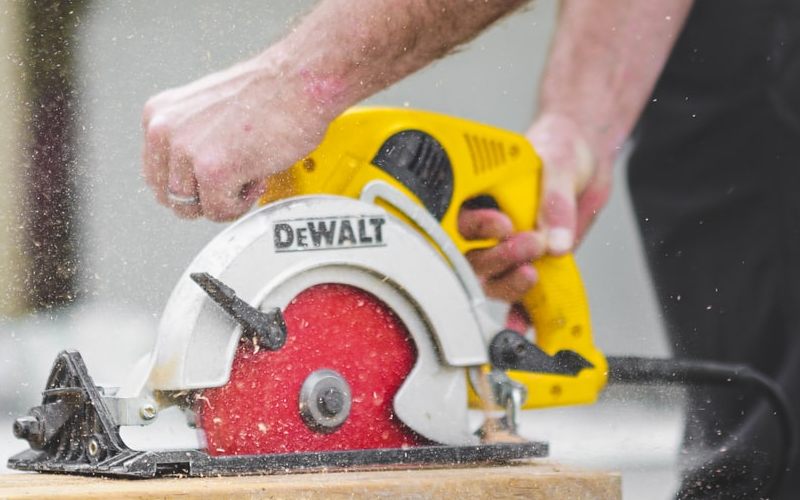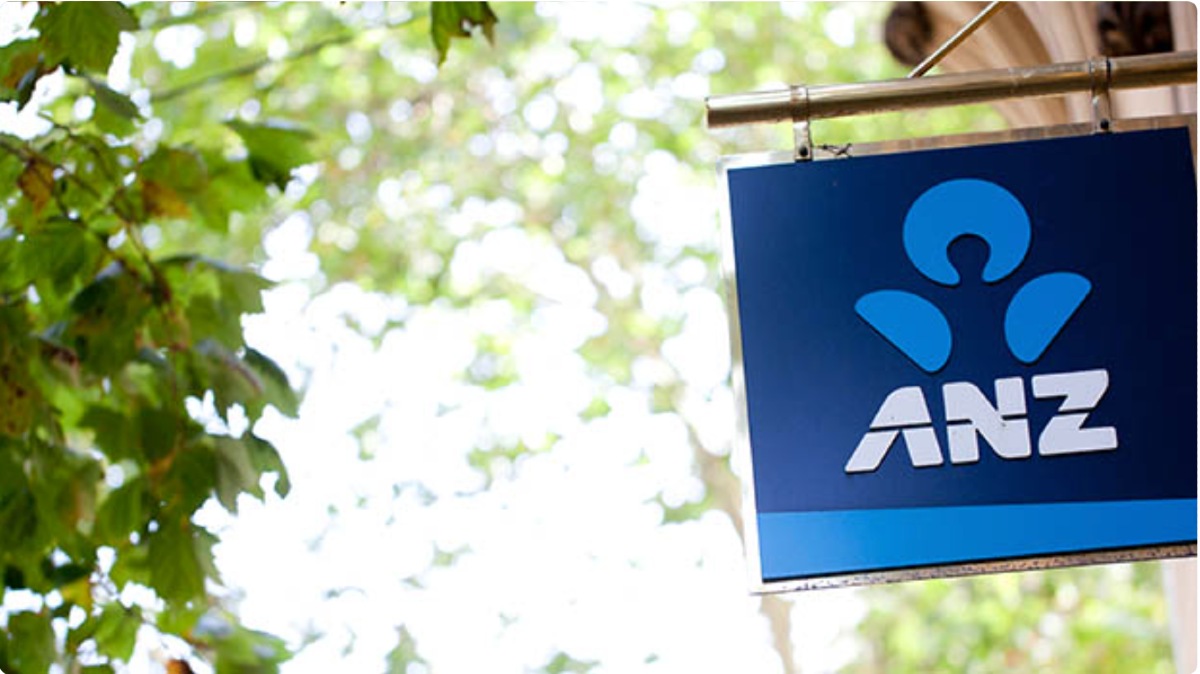In March, the Government offered two rounds of stimulus, worth more than $80 billion combined. Small businesses were a key focus of these packages.
But it's not just the government offering help. State and territory governments and banks are also providing financial relief and assistance.
So, what's on the table, and how do you claim it? Read on to find out.
Looking for a place to store cash? Below are a handful of 6-month term deposits with some of the highest interest rates in the market.
Government stimulus for SMEs - what you can get
While the headlines focused on the cash handouts for households, a large proportion of each package actually goes to supporting small-to-medium enterprises (SMEs), with things on the table like wage subsidies, asset write offs and more.
For things like wage subsidies and cash handouts, nothing needs to be done - payments will flow through automatically from 28 April.
Similarly, the states and territories have announced their own different stimulus packages, encouraging SMEs to keep workers on, stay open and stay afloat during the coronavirus crisis.
Cash handouts
Small businesses and not-for-profits with turnover of less than $50 million will receive a tax-free cash handout up to $100,000.
Eligible businesses will receive a minimum $20,000.
Loan guarantees
The Government is guaranteeing unsecured loans over terms of three years up to $250,000.
Wage subsidies
For SMEs hiring apprentices or trainees, they can receive up to a 50% wage subsidy for nine months from 1 January to 30 September 2020.
Employers will be reimbursed up to a maximum of $21,000 per eligible apprentice or trainee.
Employers will also receive a payment equal to 100% of their salary and wage bills up to $50,000.
Asset write offs and deductions
This was a big area.
There will be a 50% accelerated depreciation deduction over what businesses can already deduct - this will apply to 30 June 2021.
The instant asset write off program has been expanded, increasing the threshold from $30,000 to $150,000 to businesses with turnover up to $500 million - up to 30 June 2020.
This will help purchase trucks, tractors, shop fit-outs, and more, according to Treasurer Josh Frydenberg.
State stimulus for SMEs
Each state differs in what their respective governments are putting on the table for small businesses. Measures include:
Queensland
- Payroll tax relief for six months for SMEs with payrolls up to $6.5 million, backdated to 1 February.
- Certain fees waived, such as liquor licensing fees, for SMEs in the tourism and hospitality industries.
- $500 electricity bill rebate for SMEs that consume less than 100,000kWh.
New South Wales
- Payroll tax waived for SMEs with payrolls up to $10 million until 30 June.
- Payroll tax threshold lifted from $750,000 to $1 million for next financial year.
- Eighty million in fees and charges waived for SMEs in tourism, hospitality, trades.
Victoria
- Payroll tax refunds to more than 24,000 SMEs with payroll less than $3 million.
- Payroll tax deferral for first three months of 2020-21 financial year.
- Rent relief applications for commercial tenants in government buildings.
- The Government pays all outstanding supplier invoices within five business days.
- $500 million Business Support Fund for hardest-hit industries.
- Waiving 12,500 venues' liquor licence fees due in March 2020.
- For the Melbourne LGA: suspending fees for Food Act registrations and street trading permits, halving rent for tenants in council owned buildings for three months.
South Australia
- Payroll taxes waived for six months for SMEs with payrolls up to $4 million annually - deferral for SMEs over $4 million for six months.
- Liquor licence fees waived.
Tasmania
- Three-year interest-free loans for SMEs in hospitality, tourism, seafood and export sectors with turnover less than $5 million.
- Payroll taxes waived for last four months of 2019-2020 for those industries - waivers for payrolls up to $5 million in other industries upon application.
- Tasmanian Government payment terms reduced from 30 days to 14 days to stimulate cash flow for SMEs.
- Payroll tax rebates for one year for SMEs that employ a young person under 24 years between April and December 2020.
- $50 million supplied to LGAs to supply interest-free loans over three years.
- Liquor licences 50% discounted for calendar year 2020, backdated to 1 January.
- Annual fees for rock lobster, giant crab, fin fishers and abalone divers waived.
Western Australia
- $17,500 grants for SMEs with payroll between $1m and $4m.
- Payroll tax threshold rise to $1 million from July 2020.
- Businesses affected by COVID-19 can apply to defer 2019-20 payroll taxes until 21 July 2020.
Australian Capital Territory
- Liquor license fees and food business registration fees waived for 12 months from 1 April 2020, outdoor dining fees for 2020-21 financial year also waived.
- SMEs with electricity use below 100mW (100,000kW) receive rebates of $750 automatically applied to their next electricity bill "around June or July 2020".
- Rideshare vehicle licence fee waived for 12 months from 1 April 2020, all Government-leased taxi plate fees waived.
- Hospitality, creative arts and entertainment industries' payroll taxes waived for six months from March to August 2020 - SMEs can apply online.
- Interest-free payroll tax deferral for 2020-21 financial year for Group-Australia wide wages up to $10 million.
- Commercial rate payers will receive a credit of $2,622 for their 2019-20 general rates, applied automatically.
- Commercial property owners with Average Unimproved Value of less than $2m are eligible for a rebate on their commercial rates fixed charge.
- No increase of 2020-21 Fire and Emergency Services Levy for commercial property owners.
Northern Territory
- Business improvement grant of $10,000, followed by another $10,000 if the business contributes $10,000 of their own money.
- Up to $100,000 in grants for not-for-profits and community organisations to engage local businesses to do repairs, renovations and upgrades to their properties and facilities - first $50,000 is a grant, and the following $50,000 is a dollar-for-dollar match program.
- Payroll tax exemption for SMEs hiring Territory employees extended to 30 June 2021.
- Government fees and charges, such as electricity costs, frozen.
What assistance are the banks offering?
The Australian Banking Association (ABA), which consists of 22 member banks, agreed on 20 March to defer loan payments for six months for SMEs impacted by COVID-19.
On 30 March, ABA also extended the six month deferral of loans to SMEs with loan facilities up to $10 million - up from $3 million previously. The criteria is:
- Commercial property landlords provide an undertaking to the bank and will not terminate leases or evict current tenants.
- The customer must advise that its business is affected by COVID-19.
- The customer was current in terms of existing facilities 90 days prior to applying.
- Interest is capitalised, meaning either the term of the loan is extended or payments are increased after the deferral period.
ABA estimates the support now extends to 98% of businesses with a loan from an Australian bank.
ABA contains the big four - ANZ, CBA, NAB and Westpac - as member banks, along with other institutions such as AMP, BOQ, Suncorp, HSBC, Citi, ING, ME Bank, Macquarie and more.
Savings.com.au's two cents
If you're running an SME, and even if you're a sole trader, there are multiple avenues you can use if you're doing it tough as a result of the coronavirus pandemic.
If you're struggling, it pays to be proactive and not attempt to tough it out on your own - the federal and state governments are here to help.
So, too, are some councils around Australia.
The good news is many of these measures are applied automatically, meaning you don't need to do anything.
Others, such as cash grants and cash handouts usually require some sort of application - and for asset write-offs, you obviously need to purchase an asset.
This is the same with loan deferrals - you need to get on the front foot and tell your lender.
Overall, these measures are quite far-reaching and generous. Small businesses are a huge sector of the Australian economy, so if you are doing it tough, reach out and you'll find some measures that could prove lifesaving.





.jpg)

 Bernadette Lunas
Bernadette Lunas
 Harry O'Sullivan
Harry O'Sullivan